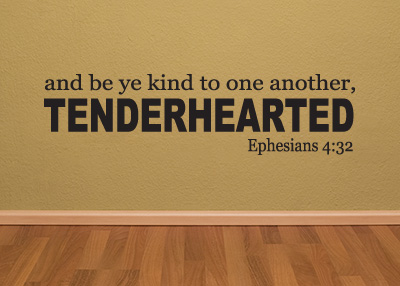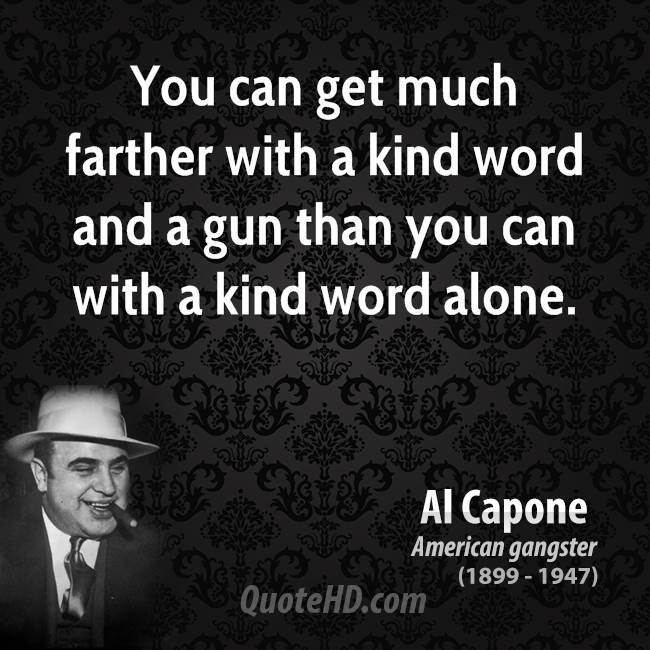I was telling Kelly, if I had not been born into being Catholic, had a mother who regularly reaffirmed, “If my children lose their faith, I have failed as a mother!”, had met so many wonderful consecrated and/or ordained Catholics, true servants of the Lord, I might definitely choose not to be Catholic. I can see, clearly, too clearly, why many people do not choose the Catholic faith because of Catholics1.
I would, instead, be and always try to be, as I hope I am, committed to a constant ethic of kindness. Love might be stretching it. But, I do try on any initial encounter to offer kindness as a first impression. Not naivete’, but mature, sincere, respectful kindness, no matter whom.
I don’t know what group that is, or if that even exists in reality/is realistic. Not so much doctrinally orthodox, or much worried about that, and never subscribing that somehow orthodoxy may be a strength in lieu of kindness, but just…kindness. As Dickens wrote, “The milk of human kindness”, offered by the Ghost of Christmas Present, an intoxicating beverage.
I try to make it exist in myself and offer it to others as immediately serenely and naturally as I can. I also believe, sincerely, it is a mercy to fellow Catholics, especially, to clearly identify when they are not living up to their baptismal promises, I do. (I, also, sincerely, sincerely, hope another would extend the exact and exacting same mercy to me.) I feel at peace and confident in this, as I ONLY do it in the most dire of cases and as a last resort, fully aware as I can be of my own sinfulness. I believe this is the only way to live.
I had hoped “Love ye one another!” would be the ultimate, and Jesus Christ is the most sane person I know, including myself. Also, I recognize and believe the Catholic Church as the historical church founded by Jesus Christ, but I am also truthful enough to admit those facts, that reality is not enough to keep me Catholic. I would seek something better.
I also tell Kelly if there actually were a better religion/community that existed, I would have left a long time ago. Since, I don’t believe I really will find them, I will live and die in the faith 1600 years of my ancestors have lived and died in, and Mara, will live in, God willing. I just don’t want to be the one in the chain who breaks it without REALLY GOOD reasons.
It is, I trust, the imitation of Bl Pier Giorgio, OP, I most admire in this case. Performing acts of selfless charity secretly, which ultimately lead to his death. THIS is a good life.

-from an article by Dr. Donald DeMarco, PhD
…”Hell is other people,” Jean-Paul Sartre famously stated. His cynical image, however, is apt, but only for a gathering of unvirtuous people who, as is their wont, prey upon each other. A community of virtuous people, on the other hand, who love each other, is at least a foretaste of paradise. Sartre found life absurd because he did not find love at all. Where there is no virtue, love remains unexpressed. Hell is not only the place where there is no love, but also the place where there is no virtue.
…Love does not flow directly from one person into another; it requires virtue that serves as a mode of transmission. We express love to each other not directly, but through virtue. Virtue is our moral medium of exchange. Without it, we are spiritually bankrupt.
Only God can transmit His love directly. Nonetheless, He chose Mary, the Mother of God, to serve as the Mediatrix of all grace. Nathaniel Hawthorne, though not a Catholic, revealed a fine understanding of Mary’s role in this regard when he made the following statement: “I have always envied the Catholics their faith in that sweet, sacred, Virgin Mother who stands between them and the Deity, intercepting somewhat His awful splendor, but permitting His love to stream on the worshipper more intelligently to human comprehension through the medium of a woman’s tenderness.” Mary’s tenderness is her virtuous way of directing God’s love into our hearts.
Each of us comes into the world with a certain capital of love. It is ours to spend. And the remarkable thing about spending love (unlike spending money) is that the more we spend, the more our supply is increased. With love as our currency, we can go on a lifelong spending spree and never go broke. But we cannot spend a dollop of our love unless we channel it through some virtue. A simple act of kindness, for example, can brighten a person’s day. Kindness is love’s low voltage way of expressing itself to complete strangers without fear of embarrassment or threat of obligation. Kindness is a natural way of affirming the inherent goodness of others and of stirring up their own supply of love. Kindness begets kindness. It can even prepare the way to friendship where additional virtues such as fidelity, patience, and courage come into play. Kindness, which demands so little of us, can open the door to a flood of subsequent virtues.
In Psalm 118 we read: “Give thanks to the Lord, for He is good, for His kindness endures forever.” Here, God is telling us not only that His virtue is constant and everlasting, but also that His virtue is more powerful than our sin. In addition, He is telling us that if we want to be more Godlike, we, too, must be virtuous. But as we become more Godlike, we do not become less human-like. In fact, because we are created by a God Who loves us, the more Godlike we become, the more human we become, which is to say, the more we become ourselves, the person God intended us to be.
As Fr. Lawrence G. Lovasik states in his book, The Hidden Powers of Kindness, “Kind words have converted more sinners than zeal, eloquence, or learning.” “He who is kind is free, even if he is a slave,” wrote St. Augustine; “he who is evil is a slave, even if he is king.” The power of this seemingly modest virtue is inestimable. And it is good to know that such a power is always readily available to us.
Expressing love through kindness allows us to stop complaining and begin building a culture of joy. We often complain about how much unkindness there is in the world. But this amount of unkindness, however much it may be, exists only because of the lack of kindness practiced by individuals who live in it. The supply of kindness is available; all that is needed is its expression. Expressing love through kindness allows us to stop complaining and begin building a culture of joy. Then we will understand and properly appreciate why virtue is our most important medium of exchange, giving practicality to love and bringing conviviality to life.
It is clear, then, that according to the Christian tradition, virtue is rooted in love. “Love is the form of all virtues,” states St. Thomas Aquinas. For St. Augustine, “Virtue is the order of love” (Virtus est ordo amoris). Nonetheless, virtue is not an exclusively religious notion.
…All humans, religious or otherwise, have an inherent capacity to love. This means that all human beings are capable of expressing their love through any number of virtues. And no one wants to argue that non-religious people are incapable of love. Christianity is not a substitute for humanism, but builds on it and perfects it. Therefore, Christians and non-Christians can work together virtuously, as long as their expressions of virtue are based on love. In this regard, we can take heart in St. Thomas More’s celebrated comment that, “The times are never so bad that a good man can’t live in them.”
There is a light that true virtue sheds that can be recognized and respected by all human beings, regardless of their religious affiliations. Even random acts of kindness can help to bring about a better world. In the words of the Immortal Bard:
How far that little candle throws his beams!
So shines a good deed in a naughty world
(Merchant of Venice, Act. V, Sc.1, 90-91).”
Love,
Matthew


